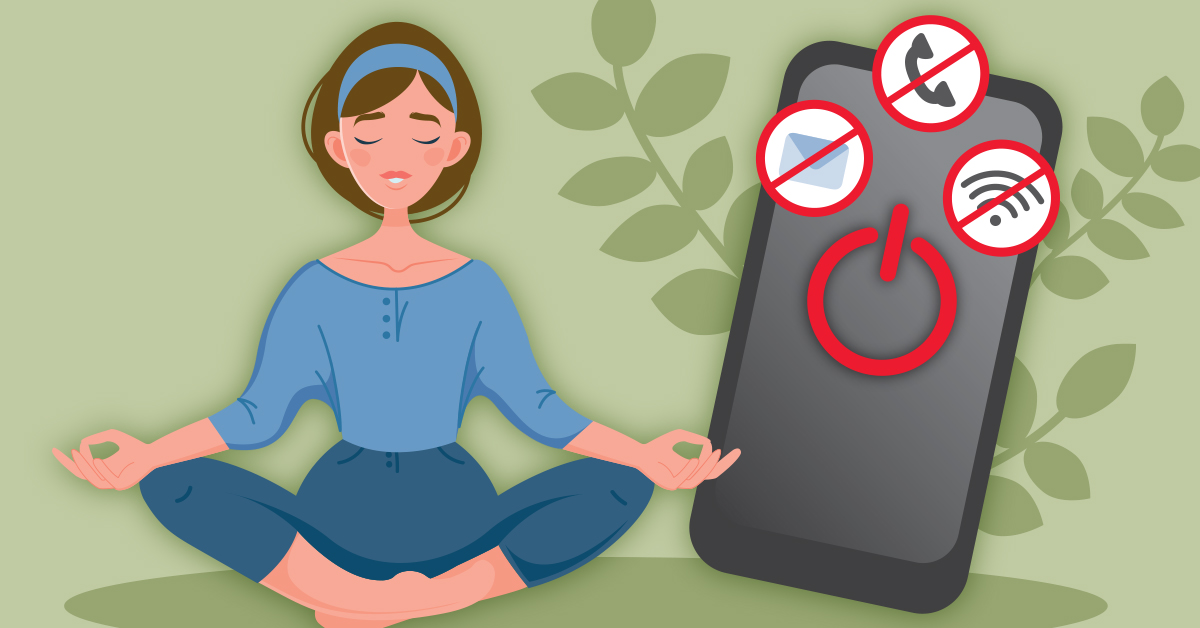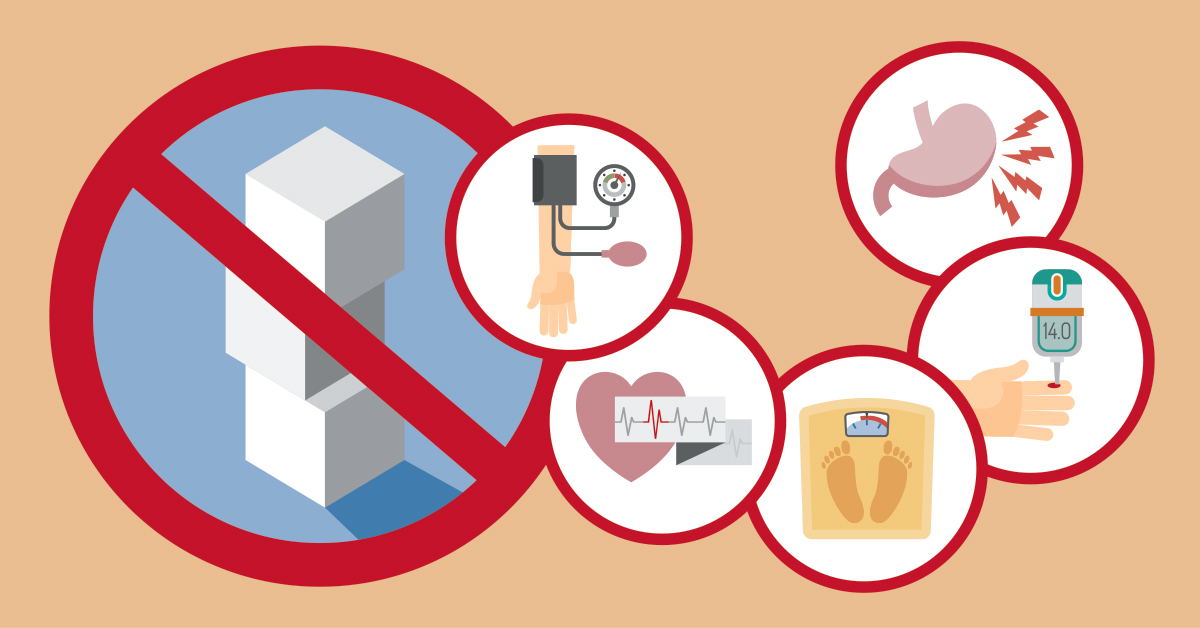Yoga does a body – and mind – good
The practice of yoga dates back almost back nearly 5,000 years. While originally a spiritual discipline, the practice of yoga today, as it has from the start, focuses on finding the harmony between mind and body. 55 million Americans – and counting – do yoga on a regular basis, millions took it up during the pandemic.
Yoga comes in many forms, can be done alone, in group classes, or virtually, but all combine physical poses, controlled breathing, and meditation or relaxation. Those who regularly strike the warrior pose or downward facing dog will attest to the many benefits of yoga.
Physical benefits of yoga
You don’t have to take a yogi’s word for it, there is a growing body of medical research that shows that yoga offers a number of physical benefits, including:
- Increased strength and flexibility
- Improved balance and posture
- Decreased back pain
- Reduced arthritis-related symptoms
- Improved heart health and reduced inflammation
- Improved respiration and lung function
- Increased relaxation and improved sleep
Mental benefits of yoga
Above and beyond the physical benefits of yoga, one of the most noticeable aspects of yoga is its ability to help individuals with their mental wellbeing.
Since the 1970s, researchers have been studying the impact of yoga on many aspects of mental health, specifically as a treatment for anxiety and depression. Harvard Mental Health Letter presents compelling data that a consistent yoga practice will:
- Reduce the impact of stress
- Help with anxiety and depression
- Be a self-soothing technique similar to meditation, relaxation, and exercise
- Improve energy
One of the studies follows a group of women who described themselves as ‘emotionally distressed.’ They attended two 90-minute yoga classes a week for 12 weeks. At the end of the study, compared to the control group who did not participate in the classes, depression scores improved by 50%, anxiety scores by 30%, and overall well-being scores by 65%.
Yoga and hormones
Out with the bad hormones—One study shows that yoga reduces two of your body’s stress hormones, cortisol and adrenaline, bringing down stress, and even having an antidepressant effect. Regular yoga can help lower our fight, flight or freeze response by activating our parasympathetic nervous system. This relieves chronic stress patterns, relaxes the mind, centers attention, and sharpens concentration.
In with the good hormones—As one moves through the postures and poses of yoga, the brain boosts the levels of feel-good chemicals including, gamma-aminobutyric acid (GABA), dopamine, oxytocin, serotonin, and endorphin, which are responsible for feelings of relaxation and contentedness.
Physiological response
As yoga calms the body’s stress response system, in turn, it also calms physiological response, helping to reduce the heart rate, lower blood pressure, and ease respiration. There is also evidence yoga improves heart rate variability, an indicator of the body’s ability to respond to stress more flexibly.
Yoga for quality of life
Why do people do yoga? More than 90 percent of people come to yoga for flexibility, stress relief, health, and physical fitness. Yoga offers self-reflection, the practice of kindness and self-compassion, and continued growth and self-awareness.
For those who struggle with anxiety or depression, yoga offers a structured way to relax, clear the mind and become calm. It also helps in the improvement of mental health and quality of life.
Just like thousands of years ago, yoga can be a powerful tool in finding harmony between mind and body.














